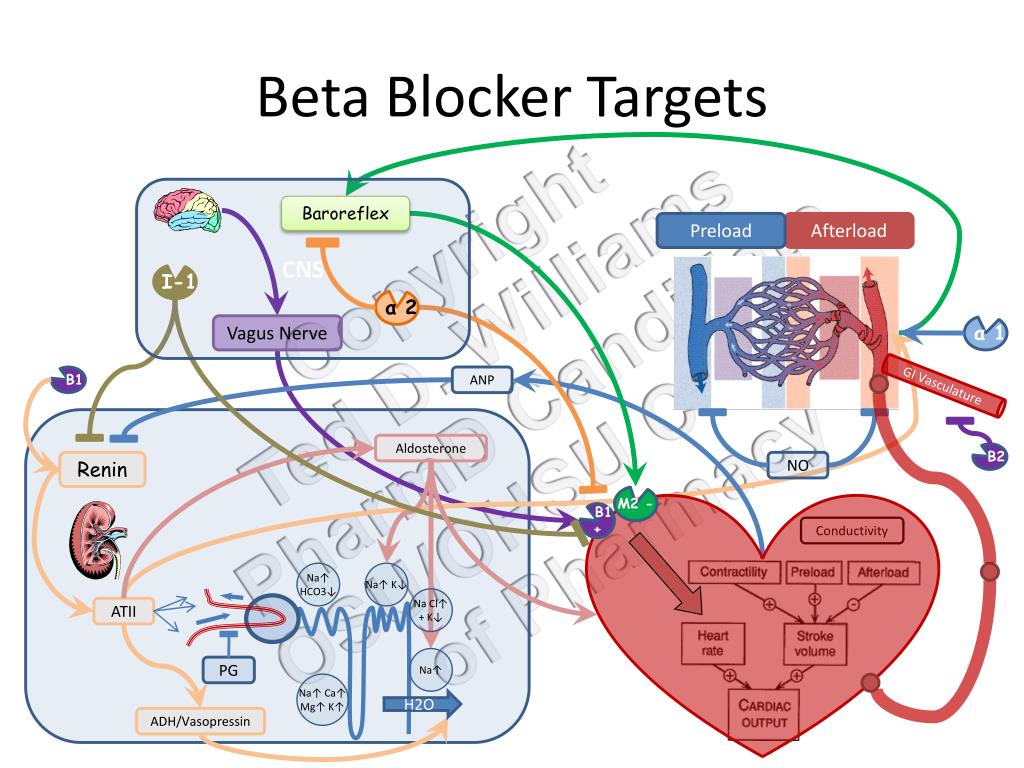Hibiscus Tea Benefits for Heart Health and Beyond

The Science Behind Hibiscus Tea's Heart Benefits
Let's face it, high blood pressure is a major player in the game of heart health, and finding natural ways to manage it is a top priority for many of us. That's where hibiscus tea comes in – a vibrant, cranberry-like brew that's been used for centuries in traditional medicine. Recent studies have shown that this pretty-in-pink drink can significantly lower blood pressure in people with mild hypertension.
One study found that regular consumption of hibiscus tea can reduce systolic blood pressure by an average of 7.2 mmHg. To put that into perspective, that's roughly the same impact as some prescription medications, but without the harsh side effects. The secret lies in the tea's unique blend of anthocyanins and polyphenols, powerful compounds that help relax blood vessels and act as natural ACE inhibitors.
How Does it Work?
Think of ACE inhibitors like a bouncer at a crowded club – they block certain chemicals that constrict blood vessels, making it easier for blood to flow. In the case of hibiscus tea, the anthocyanins and polyphenols play this role, helping to widen blood vessels and reduce pressure on the heart.
Here are some key players in hibiscus tea's heart-healthy mix:
- Anthocyanins: powerful antioxidants that give the tea its deep red color
- Polyphenols: natural compounds that help relax blood vessels
- Potassium: a mineral that helps lower blood pressure by balancing out sodium's effects
With its unique blend of nutrients and compounds, hibiscus tea offers a promising natural solution for supporting heart health. Whether you're looking to manage blood pressure or simply boost your overall wellness, this tea is definitely worth a try.
Antioxidant Powerhouse
Imagine sipping on a delicious, refreshing drink that's not only tasty but also packed with antioxidants that can help protect your body against cell damage. That's exactly what hibiscus tea brings to the table!
Hibiscus tea is like a superhero for your insides. It's rich in antioxidants like flavonoids, anthocyanins, and phenolic acids. These compounds are like the special forces that neutralize free radicals and keep your cells safe from harm. Think of free radicals like troublemakers that can cause oxidative stress, leading to chronic diseases like heart disease, cancer, and even premature aging.
What makes hibiscus tea so special?
For starters, hibiscus extract has demonstrated higher antioxidant activity than many other herbal teas. In fact, studies have shown that hibiscus tea can have up to 52% more antioxidant activity than rosehip tea and 22% more than green tea! That's pretty impressive, if you ask me.
So, what exactly do these antioxidants do? Well, they help protect your cells from damage, reduce inflammation, and even support healthy blood vessel function. It's like having a personal bodyguard for your cardiovascular system.
Some of the key antioxidants in hibiscus tea include:
- Flavonoids: known for their anti-inflammatory properties
- Anthocyanins: powerful antioxidants that give hibiscus tea its vibrant red color
- Phenolic acids: help protect against cell damage and reduce inflammation
With its impressive antioxidant profile, it's no wonder hibiscus tea is being studied for its potential benefits on heart health, blood pressure, and even weight management. Whether you're looking to boost your overall health or just want a tasty, caffeine-free drink, hibiscus tea is definitely worth a try.
Weight Management and Digestive Health

Let's face it, who doesn't want a magic bullet for weight loss and a happy tummy? Well, hibiscus tea might just be the ticket. This lovely brew has been shown to have some pretty cool effects on our bodies, from inhibiting amylase (that's an enzyme that breaks down carbs, FYI) to reducing fat accumulation. Imagine sipping on a delicious tea that could help you shed a few pounds - sounds like a dream, right?
One study found that hibiscus tea can actually help with weight loss by blocking amylase and reducing the absorption of dietary fats. And if you're worried about constipation, hibiscus tea's got your back. It's been used for centuries to relieve constipation and support beneficial gut bacteria. You might even notice a difference in your digestive discomfort - less bloating, less cramping, and more regular bowel movements.
How Hibiscus Tea Supports Digestive Health
The mild acidity of hibiscus tea stimulates digestive enzymes, which can improve overall digestion. Here are some ways it can benefit your gut:
- Relieves constipation and supports regular bowel movements
- Supports beneficial gut bacteria and promotes a healthy gut microbiome
- Reduces digestive discomfort and bloating
All of these benefits combined can lead to a flatter stomach and a more balanced digestive system. And who doesn't want that? With its subtle tartness and caffeine-free goodness, hibiscus tea is a great addition to your daily routine. Whether you're looking to lose weight or just feel better, it's definitely worth a try.
Immune System Support and Anti-Inflammatory Effects
Imagine sipping on a delicious, fruity tea that's not only a treat for your taste buds but also a shield for your immune system. That's exactly what hibiscus tea offers, thanks to its high content of vitamin C and antioxidants.
These antioxidants help reduce oxidative stress in your body, which can weaken your immune system and make you more susceptible to illnesses. With its potent mix of vitamins and minerals, hibiscus tea supports immune function and keeps you feeling your best.
Fighting Inflammation with Hibiscus
Hibiscus compounds have potent anti-inflammatory effects, which can be a game-changer for people dealing with chronic pain or inflammatory conditions. Research has shown that these compounds can help manage inflammation, reducing discomfort and improving overall quality of life.
For instance, studies have found that hibiscus extracts can lower inflammation markers in the body, similar to some over-the-counter anti-inflammatory medications. This makes hibiscus tea a great addition to your daily routine, especially if you're looking for natural ways to soothe inflammation.
Antimicrobial Properties
Hibiscus tea doesn't just stop at immune support; it also packs antimicrobial properties that can inhibit the growth of pathogenic bacteria and fungi. This means it can help protect you from infections and support your overall health.
Some studies have shown that hibiscus tea can even combat certain strains of bacteria that are resistant to antibiotics. With its triple-action benefits of immune support, anti-inflammatory effects, and antimicrobial properties, hibiscus tea is a simple yet powerful way to boost your health.
- Rich in vitamin C and antioxidants to support immune function
- Potent anti-inflammatory compounds to manage pain and inflammation
- Antimicrobial properties to fight off infections
Potential Anti-Cancer Properties and Mood Enhancement

Hibiscus tea might just become your new favorite brew, and it's not just because of its cranberry-like flavor. Research has been uncovering some pretty exciting potential benefits, from fighting cancer cells to lifting your mood. Let's dive into the details.
Fighting Cancer Cells
Laboratory studies have shown that hibiscus compounds might have anti-cancer properties. For instance, a 2014 study published in the journal Food Chemistry found that hibiscus extract inhibited the growth of human prostate cancer cells by up to 79%. While these results are promising, it's essential to remember that more research is needed to confirm these findings in humans.
Mood Boosting Effects
Drinking hibiscus tea might also be a great way to unwind after a long day. The flavonoids present in hibiscus tea may have mild anxiolytic effects, which can promote relaxation and reduce anxiety. In fact, a study published in the Journal of Ethnopharmacology found that hibiscus extract exhibited anxiolytic and antidepressant effects in mice. Who knew a cup of tea could be so calming?
Some of the key benefits of hibiscus tea for mood enhancement include:
- Reducing anxiety and stress levels
- Promoting relaxation and improving sleep quality
- Supporting overall mood health
While more research is needed to fully understand the effects of hibiscus tea on human mood, incorporating it into your daily routine might just be a refreshing way to support your mental well-being. So go ahead, grab a cup, and see how it makes you feel.















Comments ()